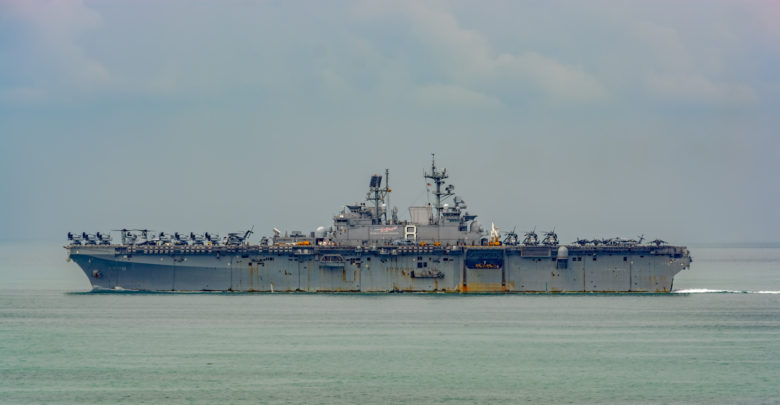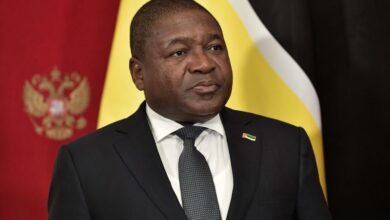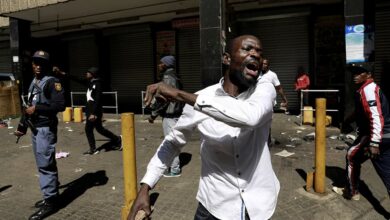Mozambique
Mozambique: Former President’s Son Denies Involvement In Tuna Scandal

Former Mozambique President Armando Guebuza’s son, Ndambi Guebuza, on Monday, refuted allegations that he accepted bribes to get a $2bn (£1.4bn) secret government loan finalized that ultimately plunged the country into financial crisis, reported Africa News.
Ndambi is among 19 high-profile defendants who are currently facing trial in a high-security prison in Maputo in connection to a 2013 corruption case known as the “hidden debt” scandal. The former president’s son is accused of receiving $33m from, Privinvest, an international shipbuilding group, to convince his father to approve corrupt maritime projects.
In 2013 and 2014, three public companies secured $2bn in state-guaranteed loans from international banks to buy a tuna-fishing fleet and surveillance ships, which was contracted to Privinvest.
Later on, an independent audit found that $500m of the loans, which were not disclosed to the parliament of Mozambique, remain unaccounted for.
Privinvest continues to deny any wrongdoing.
Ndambi, who was arrested in February 2019, was the third suspect to testify on Monday, one week after the trial started.
“I have never received money from Privinvest,” he told judges.
He said that he didn’t know anything about the emails that were presented as evidence in the court.
The former president’s son also denied meeting Antonio Carlos do Rosario, a former director of Mozambique’s intelligence unit and head of the three state-owned groups, during his 2012 trip to Privinvest’s shipyards in Abu Dhabi and Germany. He said he went to visit a petrochemical company to discuss business opportunities.
He said that are chances that the communication details extracted from his laptop and documents with his signature may have been forged. His 78-year-old father and the former president of Mozambique also attended the hearing.
The scandal came to light in 2016, prompting the International Monetary Fund and other donors to cease financial support to the country, resulting in sovereign debt default and currency collapse.






